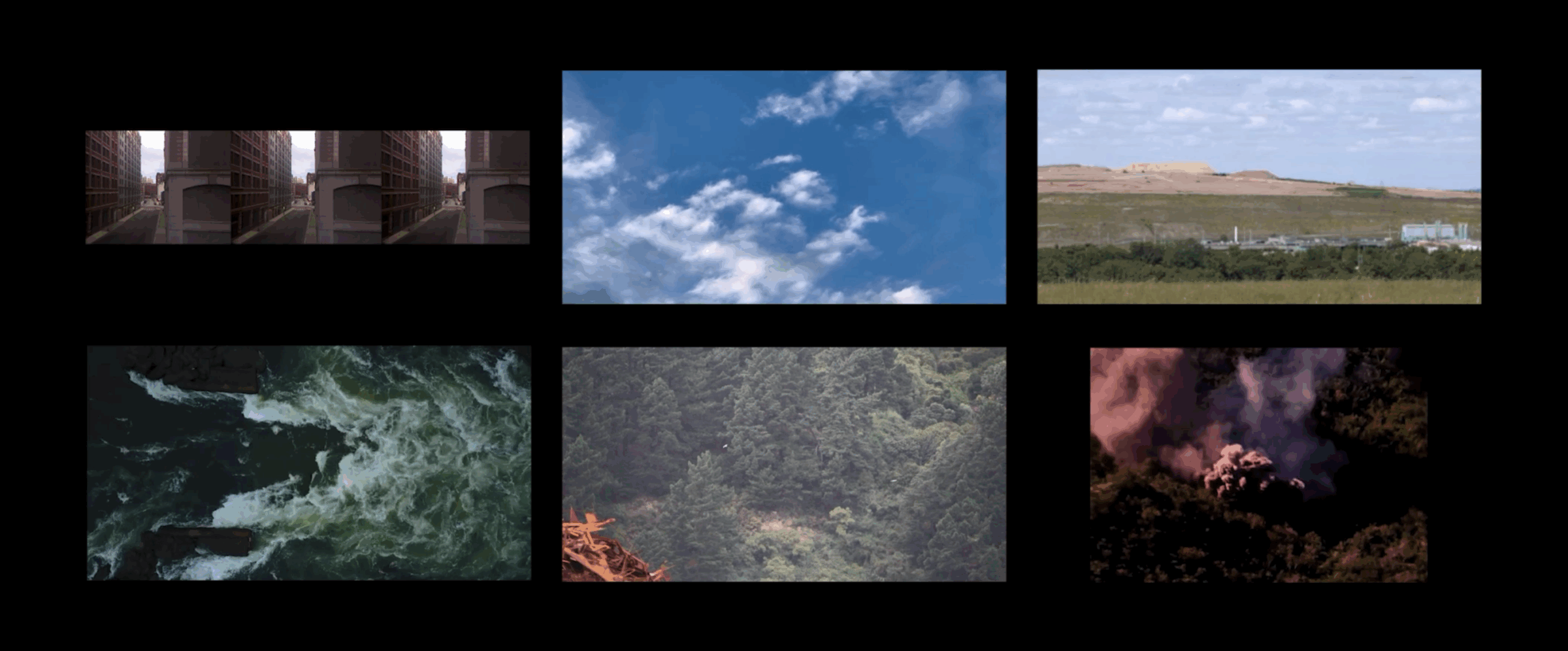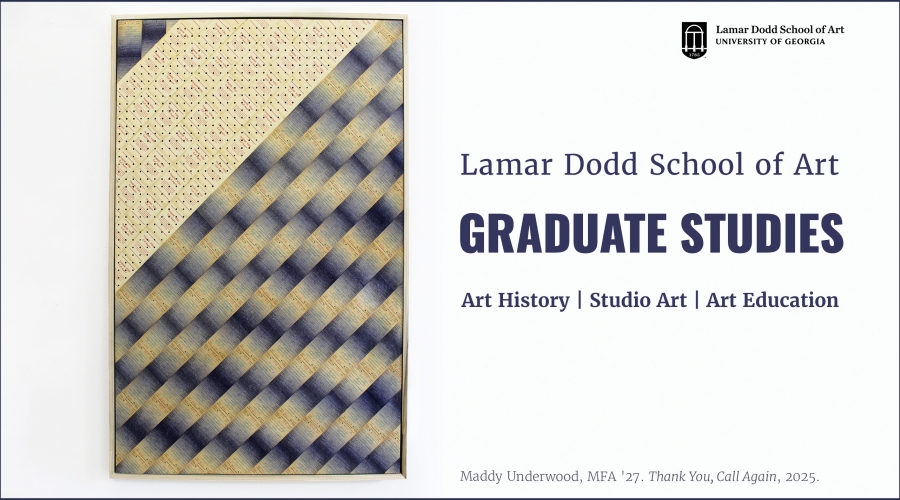Paul Pfeiffer Performs with the Redcoat Marching Band for Performa Biennial

Published
November 1, 2019
Categories
Alumni News
Faculty News
Graduate Student News
Student News
Tags
Dodd Chair
Paul Pfeiffer, Dodd Chair 2016-2018, will present his first live performance in collaboration with the Performa 2019 Biennial and The Georgia Redcoat Marching Band from the University of Georgia, at the world famous Apollo Theater in Harlem. Fifty Redcoat members—who normally perform during the breaks in play at UGA’s Sanford Stadium, home of the Georgia Bulldogs football team—will perform live in this legendary music venue, recreating a two-and-a-half-hour musical score from a typical college football game, using both front and back of house of the theatre as their performance space. Simultaneously, the rest of the 400 strong band will perform the exact same musical score inside the empty Sanford Stadium in Athens, Georgia, to be live streamed into the Apollo, contrasting the architectures of stadium and theater.
University of Georgia Redcoat Band Live is the culmination of several years of research and filming undertaken during Pfeiffer’s tenure as the Lamar Dodd Chair of Art at the University of Georgia, in Athens, Georgia, in 2016-2018. During this time, Pfeiffer focused cameras on the details and underlying structures of the Redcoats performances, observing the way the band punctuates the game with starts and stops, determined by the pauses in game play and led by the band conductors. Repeated hundreds of times each season in college football stadiums across the country, the band acts as a sonic amplifier of crowd affect and ritual. Thus, the dramatic arcs of the play on the football field are fueled by powerful bursts of music, hyping the crowd, heightening its emotional response to the arcs of the match. This accounts for the peculiar, fragmented nature of the band’s performance, whereby no song is ever completed. The music is continually interrupted: starting, stopping, and starting again, mirroring the action on the field.
The architecture of the theater and the stadium both originated as sites of public performance and gathering in ancient Greece; the arena and amphitheater structures were designed to house the collective emotional experiences of art, culture, and sport, by igniting the passions of the audiences that filled them, allowing individuals to watch both performance and each other. Today, sports and music are still two of the most popular, therefore economically rewarding, sites of contemporary culture; as such, they are also some of the most widely broadcast forms of massmedia live performance. Viewing the live streamed event on our screens, versus attending the live performance event in person, is a dilemma of the digital age—can the intense experience of assimilating and participating in the rituals of the group, be transmitted through the broadcast of its sounds and images? By divorcing the Redcoats performance from the home crowd of UGA fans, and interweaving live music with live broadcast, the sensory experience is denaturalized, and focus shifts to the manufactured nature of group identity. Alongside this, by exploring the Redcoats role as the emotional soundtrack to one of America’s most popular mass rituals, University of Georgia Redcoat Band Live considers the emotional affect of live music, the constructed nature of collective experience, and the blurring of mediatized and in person experience.
University of Georgia Redcoat Band Live is the first part of a two-part project, which will result in a video, sound and sculpture installation, to be presented in 2020.
The performance at the Apollo Theater in Harlem, NY is part of the Spotlight on the Arts festival, celebrating the visual, literary and performing arts at UGA. Presented by the University of Georgia Arts Council, Spotlight on the Arts is scheduled for November 6 – 17 and includes dozens of exhibitions and performances in the visual, literary and performing arts.
Paul Pfeiffer was born in 1966 in Honolulu, Hawaii. He currently lives and works in New York City and Manila. Known for his innovative manipulation of digital media, Pfeiffer repurposes the visual language of pop spectacle to examine how such images shape our perception of ourselves and society. In particular, Pfeiffer considers the situation of popular sports events—when masses of people come together to support their team or star players, with an energy akin to religious fervor—as highly staged performances, in turn functioning as containers for the psychological, social, and emotional power-dynamics that permeate contemporary life.
Pfeiffer earned a BFA in printmaking from the San Francisco Art Institute, an MFA from Hunter College, and was a participant in the Whitney Independent Study Program. Pfeiffer’s work has been presented in numerous national and international group exhibitions including the Whitney Biennial, MoMA PS1’s Greater New York, the Sydney Biennial, and the 2001 Venice Biennale of Art. Solo museum shows and projects include Inhotim Institute, Brazil, 2018; Bellas Artes Outpost, Manila, 2018; Museum of Contemporary Art, Chicago, 2017; Honolulu Museum of Art, Hawaii, 2016; Museum of Contemporary Art and Design, Manila, 2015; Artangel, London, 2014; Blanton Museum of Art, Austin, Texas, 2012; Sammlung Goetz, Munich, 2011; and Hamburger Bahnhof – Museum für Gegenwart, Berlin, 2009.
Founded in 2004 by art historian and curator RoseLee Goldberg, Performa is the leading non-profit organization dedicated to exploring the critical role of live performance in the history of twentieth-century art and encouraging new directions in performance for the twenty-first century. Taking place over a period of three weeks, from November 1–24, 2019, at locations throughout New York City, eighth edition of the Performa Biennial once again celebrates the extraordinary vitality, inventiveness and significance of New York as a leading global performance capital of the world. In celebration of the 100th anniversary of the Bauhaus, the influence of the school and the radical concept of its curriculum, which holds performance at its core, appears in several Commissions. The Bauhaus is also the focus of the Performa Institute programming, daily events, and talks at the Performa 19 Hub – a pop-up space in Manhattan that becomes the epicenter of the three-week program.
CREDITS:
Curated by Kathy Noble, Senior Curator and Manager of Curatorial Affairs, assisted by Uchenna Itam, Curatorial Assistant, Performa 19. Supported by Agnes Gund, VIA Art Fund, and the Performa Commissioning Fund. Musical direction and composition by Brett Bawcum, Associate Director, Athletics Bands, The University of Georgia.
IMAGE:
Still from footage recorded by Paul Pfeiffer.





